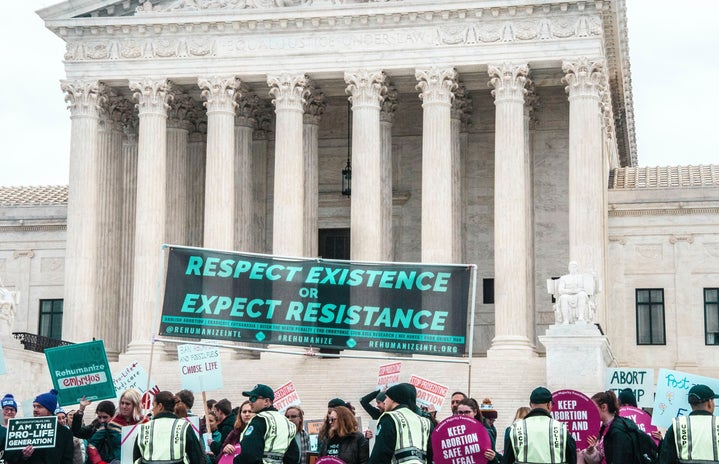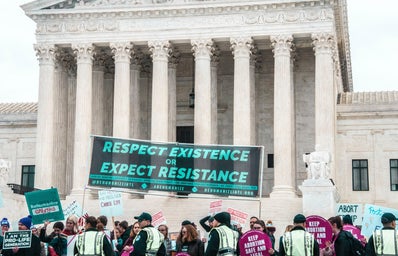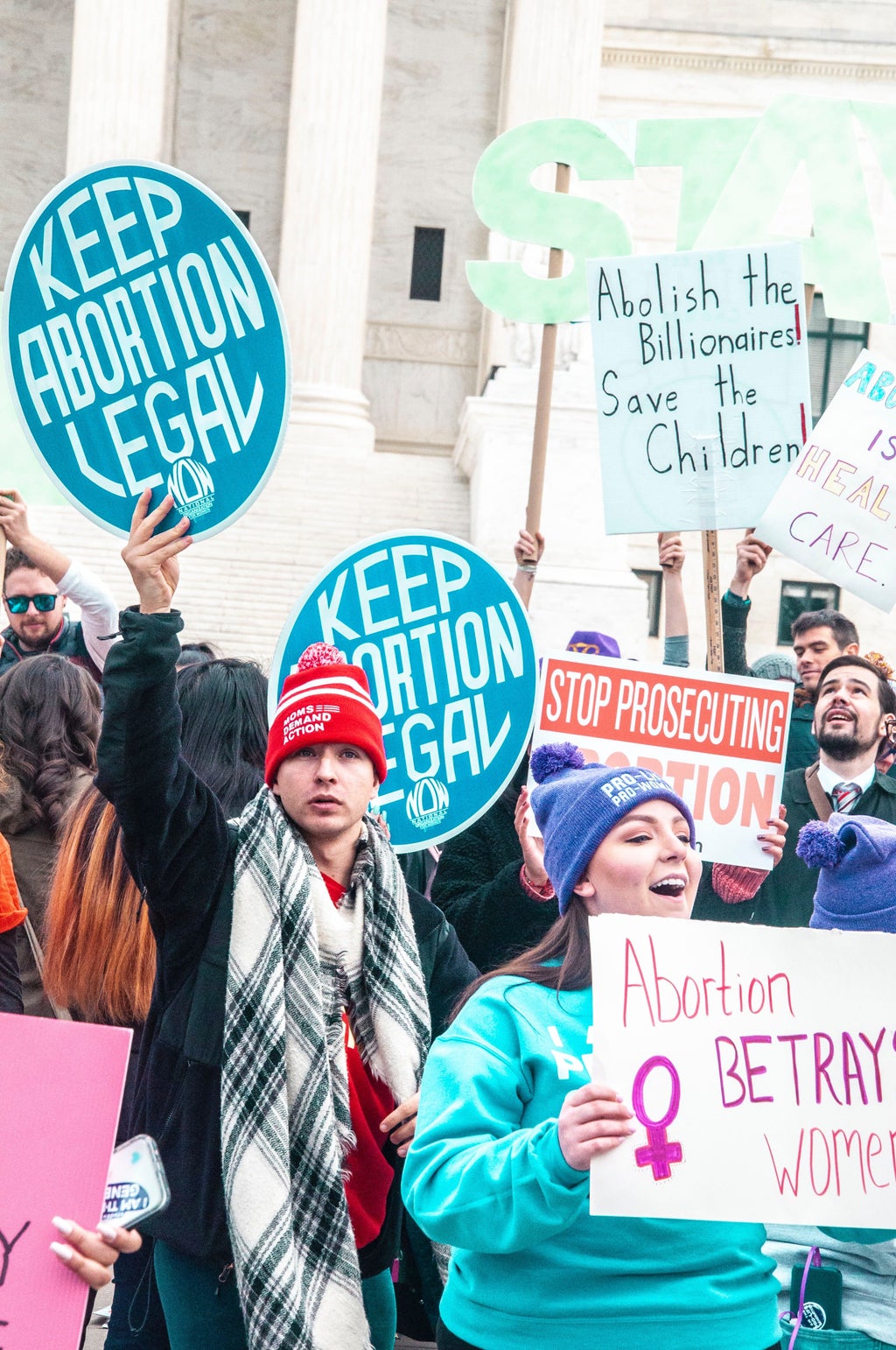With the Florida House recently voting to approve the HB 5 Bill, a bill that bans abortion after 15 weeks, I can’t help but feel worried about the future of women’s rights in America. Regardless of the decision a person makes to have an abortion, it’s a decision that should be made on a case-to-case basis between the patient and the medical provider, not the government. When there are limitations placed on access to abortion, this does not stop abortions from occurring, rather it stops safe abortions from taking place.
Moreover, there are two main ways in which legislators have tried to limit women’s access to safe abortions. The first is by defunding Planned Parenthood and the second is by proposing extremely restrictive legislation so that clinics that perform abortions are forced to close.
In case you were unaware, Planned Parenthood is a nonprofit organization that provides women with access to safe reproductive health care. While abortions are one of the medical procedures that they offer, this is not their sole function. For instance, Planned Parenthood provides birth control, STD testing, pelvic exams, cancer screenings and even pregnancy services. Their main goal, therefore, is to provide women with safe access to an array of essential healthcare services. The problem with defunding this organization is that it directly impacts their ability to support women who are in lower socio-economic groups as less funding often means less available clinics. With fewer clinics available, this means that women may have to travel across their state in order to receive access to safe abortion, thus limiting access to the procedure.
The second way in which access to safe abortion is limited is through individual states passing legislation to restrict abortion access. When states place time restrictions on access to abortion, this results in an additional obstacle that women are forced to face. According to the Supreme Court ruling in the 1973 Roe V. Wade case, abortions are allowed to occur in the first and second trimester under a women’s personal discretion. However, the case also rules that abortions are not allowed to occur in the third trimester unless absolutely medically necessary. With the passing of more restrictive abortion bans, a woman’s right to privacy and access to safe health care is at risk.
As someone who has had an abortion, it is honestly really terrifying to consider another woman going through the same experience as me but in an illegal and unregulated environment. I, like many other women, chose to have an abortion due to personal reasons that the government should have no voice in. When I first found out I was pregnant, I already knew that abortion was the right decision for me personally, and am grateful I was able to have the procedure safely in a medical facility. Something I wish the government would realize is that abortions have occurred for many years and will continue to occur even if made illegal.
In conclusion, the only thing that occurs when abortion access is restricted is that access to safe abortions is placed in dire jeopardy. Personally, I believe that a much better solution to restricting abortion access is through not only providing unlimited access to sexual education programs, but also by providing easier access to all birth control methods.
Want to see more HCFSU? Be sure to like us on Facebook and follow us on Instagram, Twitter, TikTok, YouTube and Pinterest!



